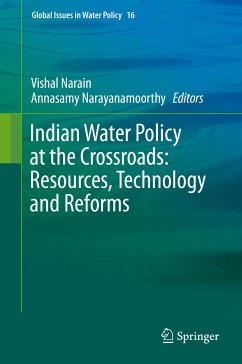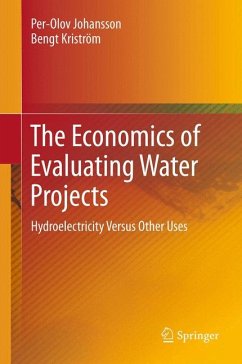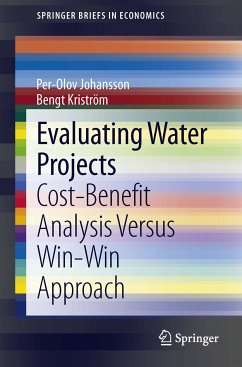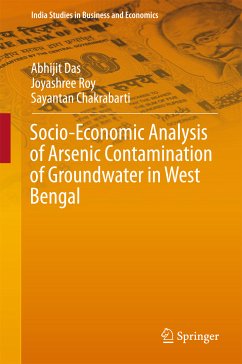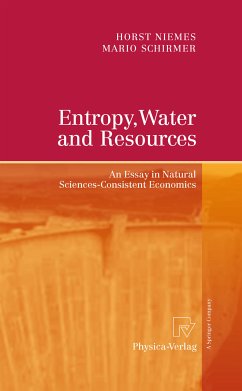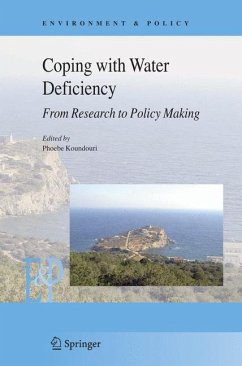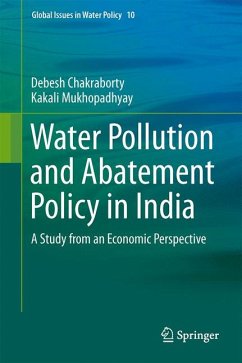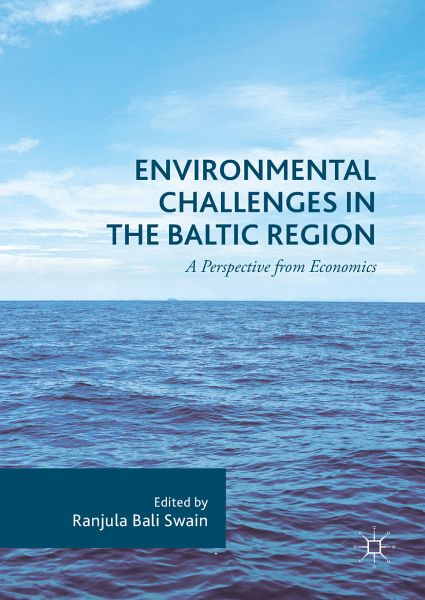
Environmental Challenges in the Baltic Region (eBook, PDF)
A Perspective from Economics
Redaktion: Bali Swain, Ranjula

PAYBACK Punkte
56 °P sammeln!
Features contributions from experts in Sweden, Poland and Estonia
Explores the economics of eutrophication
Considers environmental protection in a cross country setting
Dieser Download kann aus rechtlichen Gründen nur mit Rechnungsadresse in A, B, BG, CY, CZ, D, DK, EW, E, FIN, F, GR, HR, H, IRL, I, LT, L, LR, M, NL, PL, P, R, S, SLO, SK ausgeliefert werden.



